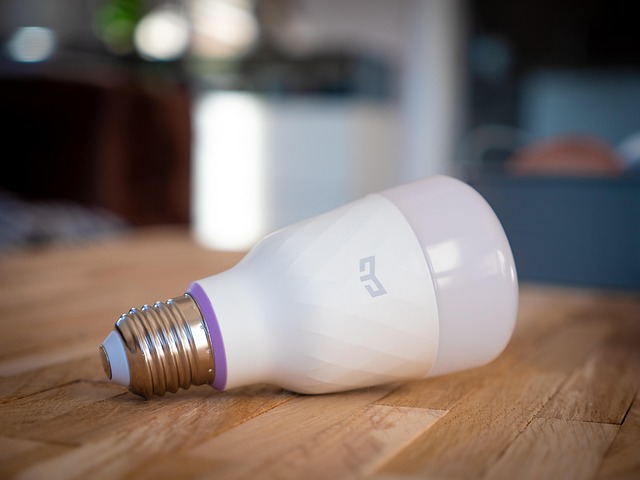As we move further into the 21st century, the integration of intelligent sensors into various sectors is revolutionizing the way we perceive automation. These advanced devices play a pivotal role in the realm of robotics, artificial intelligence, and the overall automation of business processes. The emotional connection we have with technology is increasingly defined by how effectively these sensors can mimic human senses and enhance our daily lives.
Consider the world of robotics—a field that has captured the imagination of many. Intelligent sensors allow robots to interact with their environment in a more sophisticated manner. They can detect objects, assess distances, and even interpret human emotions through facial recognition. This level of sensitivity gives robots a unique capability to work alongside humans, whether in a manufacturing plant or a healthcare setting, fostering a collaborative environment that can alleviate fears surrounding job losses due to automation.
Artificial intelligence takes this a step further. By utilizing data from intelligent sensors, AI can learn and adapt over time. Imagine a smart factory where machines communicate seamlessly with each other, adjusting production lines based on real-time data. This not only maximizes efficiency but also significantly reduces wastage and downtime. Businesses benefit immensely from this kind of automation—streamlining operations and improving overall productivity—while workers find themselves freed from mundane tasks, allowing them to focus on more creative and strategic roles.
Automation in business is another area where intelligent sensors are making waves. Retail environments are adopting these technologies to enhance customer experiences. Smart shelves equipped with sensors can alert store managers when stock is low, ensuring that popular items are always available. Furthermore, sensors can analyze customer movements within a store, providing invaluable insights into shopping behavior and trends. This data helps businesses tailor their offerings and marketing strategies more effectively, creating a more personalized shopping experience that resonates with consumers.
However, the emotional implications of automation and the use of intelligent sensors extend beyond efficiency and productivity. As businesses adopt these technologies, they must navigate the balance between innovation and human touch. For instance, while chatbots equipped with intelligent sensors can handle customer service inquiries efficiently, there’s often a yearning for human connection. Companies that acknowledge this need for empathy and incorporate it into their automated systems will find themselves ahead in customer satisfaction.
Looking towards the future, the potential for intelligent sensors in robotics and business automation is virtually limitless. As technology evolves, so too will our relationship with it. Embracing automation, powered by these intelligent devices, can lead to richer, more fulfilling experiences—both in the workplace and beyond. The key will be to ensure that the human element remains integral to this journey, allowing us to harness the full power of automation while maintaining the empathy and creativity that define us as individuals.




